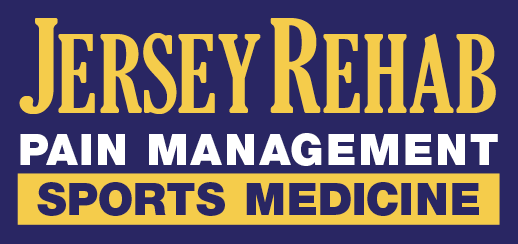Fuel Your Game: The Right Nutrition for Injury Prevention
Athletes understand that training and physical fitness are key to achieving peak performance. However, nutrition, an often overlooked aspect of sports excellence and sustainability, is equally vital. Proper nutrition goes beyond simply fueling the body for exceptional performance; it also plays a crucial role in injury prevention. By incorporating the right foods and nutrients into their diets, athletes can significantly strengthen their body’s defenses against the rigorous physical demands of sports. This strategic approach to eating not only enhances performance but also fortifies the body’s resilience against potential injuries, making nutrition a cornerstone of athletic success.
Understanding the Link Between Nutrition and Injury Prevention
Nutrition plays a pivotal role in an athlete’s ability to withstand stress, heal, and recover from the rigors of sports. Essential nutrients like protein are critical for muscle repair, while vitamins and minerals support bone density and overall health. By nourishing the body with the right foods, athletes can enhance their natural defenses against injuries. A well-balanced diet rich in these nutrients not only promotes quicker recovery but also fortifies the body’s resilience, helping athletes maintain peak performance while reducing the risk of injury.
Protein: Building and Repairing Muscles
Protein is crucial for muscle repair and growth. After intense physical activity, muscles suffer micro-tears and need protein for repair. Athletes should aim to consume high-quality protein sources like chicken, fish, tofu, legumes, and dairy products throughout the day to ensure continuous recovery.
Calcium and Vitamin D: Strengthening Bones
Calcium and Vitamin D are vital for maintaining strong bones and reducing the risk of fractures. Dairy products, leafy greens, fortified foods, and sunlight exposure can help maintain these nutrient levels.
Omega-3 Fatty Acids: Reducing Inflammation
Omega-3 fatty acids are known for their anti-inflammatory properties. Incorporating foods like salmon, flaxseeds, and walnuts into your diet can help manage inflammation, aiding in quicker recovery and reduced pain from injuries.
Antioxidants: Protecting Against Oxidative Stress
Exercise generates free radicals, which can lead to oxidative stress and subsequent tissue damage. Antioxidants like vitamins C and E combat these effects. Colorful fruits and vegetables, such as berries, oranges, and spinach, are excellent sources of antioxidants.
Key Nutritional Strategies for Injury Prevention
Implementing the following nutritional strategies can help athletes not only perform better but also stay injury-free:
- Hydration: Maintaining hydration is essential for joint lubrication and muscle function. Dehydration can lead to a higher risk of cramps and muscle injuries. Athletes should drink adequate water throughout the day and adjust intake based on activity level and environmental conditions.
- Energy Balance: Consuming enough calories to match energy expenditure is crucial. Under-fueling can weaken the body, making it more susceptible to injuries. Ensure a balanced intake of carbohydrates, proteins, and fats.
- Timing of Nutrient Intake: Optimizing the timing of nutrient intake can enhance recovery and performance. Eating a mix of carbohydrates and protein shortly after training can maximize muscle recovery.
- Diverse Diet: A varied diet ensures a broad range of nutrients to support all body functions. Incorporate different food types to cover all micronutrients necessary for a healthy musculoskeletal system.
Practical Tips for Everyday Eating
- Breakfast: Start with a high-protein breakfast to kickstart muscle repair from the previous day’s activities.
- Snacks: Opt for snacks rich in protein and healthy fats, like nuts or yogurt, to maintain energy levels throughout the day.
- Pre-Game Meals: Focus on complex carbohydrates and moderate protein before games for sustained energy.
- Post-Game Recovery: After a game, prioritize protein, carbohydrates, and fluids to replenish energy stores and aid in recovery.
In conclusion, the role of nutrition in sports is as crucial as any training regimen. Proper nutrition that focuses on a diet rich in essential nutrients allows athletes not only to enhance their performance but also to significantly minimize their risk of injury. By adopting nutrition strategies that are specifically tailored to the demands of sports, athletes can profoundly influence their capacity to train effectively and recover efficiently. This holistic approach ensures that their bodies are optimally fueled and protected, supporting long-term health and peak athletic performance.
If you’re looking to improve your sports performance and prevent injuries through personalized nutrition and professional guidance, consider reaching out to our experts at Jersey Rehab. With a comprehensive approach to health and fitness, Jersey Rehab can help you optimize your diet, boost your game, and ensure you stay at the top of your form. Visit us online to learn more about our services and how we can assist you in reaching your athletic goals.

